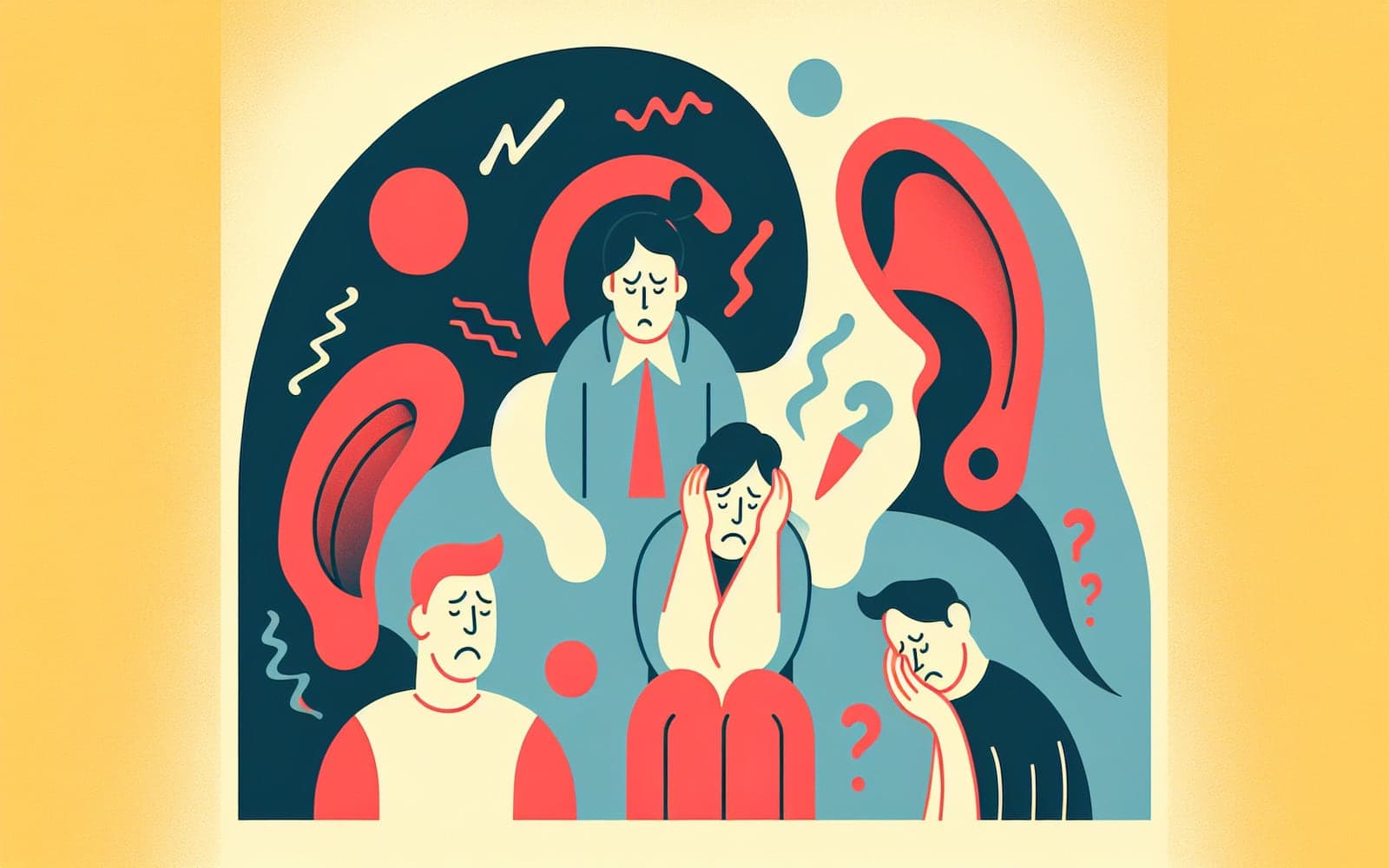Ear Barotrauma: What Happens When Your Ears Pop?
Published: Feb 11, 2024

Medically reviewed by Jerome Albert Ecker | MD, Assistant Professor of Medicine, Duke University - Durham, NC on February 11th, 2024.
Ever wondered why your ears pop during a flight? It's all about ear barotrauma, a condition that occurs when pressure changes affect your ears.
Contents
What Causes Ear Barotrauma?
Ear barotrauma happens when the pressure inside your middle ear doesn't match the pressure outside. This is common during air travel, scuba diving, or even when you have a bad cold. Your Eustachian tube, which connects your middle ear to your throat, usually helps balance this pressure. But sometimes, it can't keep up with rapid changes.
Symptoms to Watch For
If you're experiencing ear barotrauma, you might feel pressure, pain, or a blocked sensation in your ear. You could also notice some hearing loss or ringing in your ears (tinnitus). In severe cases, you might even feel dizzy or see blood behind your eardrum.

Diagnosing the Problem
Doctors diagnose ear barotrauma based on your symptoms and a physical exam of your ear. They'll look for signs like a swollen or stretched eardrum, fluid in the middle ear, or even a burst eardrum in extreme cases. Simple hearing tests can also help determine if there's any hearing loss.
Frequently Asked Questions
Rarely, severe cases can lead to long-term hearing problems.
Try yawning, swallowing, or chewing gum during takeoff and landing.
Yes, especially among air travelers and scuba divers.
Yes, and they may have more trouble equalizing pressure.
Key Takeaways
While ear barotrauma can be uncomfortable, it's usually harmless and resolves on its own.
Curious about your ear health? Chat with Doctronic, the AI doctor, to learn more about preventing and managing ear barotrauma.Related Articles
References
Sadé J, Ar A. Middle ear and auditory tube: middle ear clearance, gas exchange, and pressure regulation. Otolaryngol Head Neck Surg 1997; 116:499.
Brown TP. Middle ear symptoms while flying. Ways to prevent a severe outcome. Postgrad Med 1994; 96:135.
This article has been reviewed for accuracy by one of the licensed medical doctors working for Doctronic. Always discuss health information with your healthcare provider.

